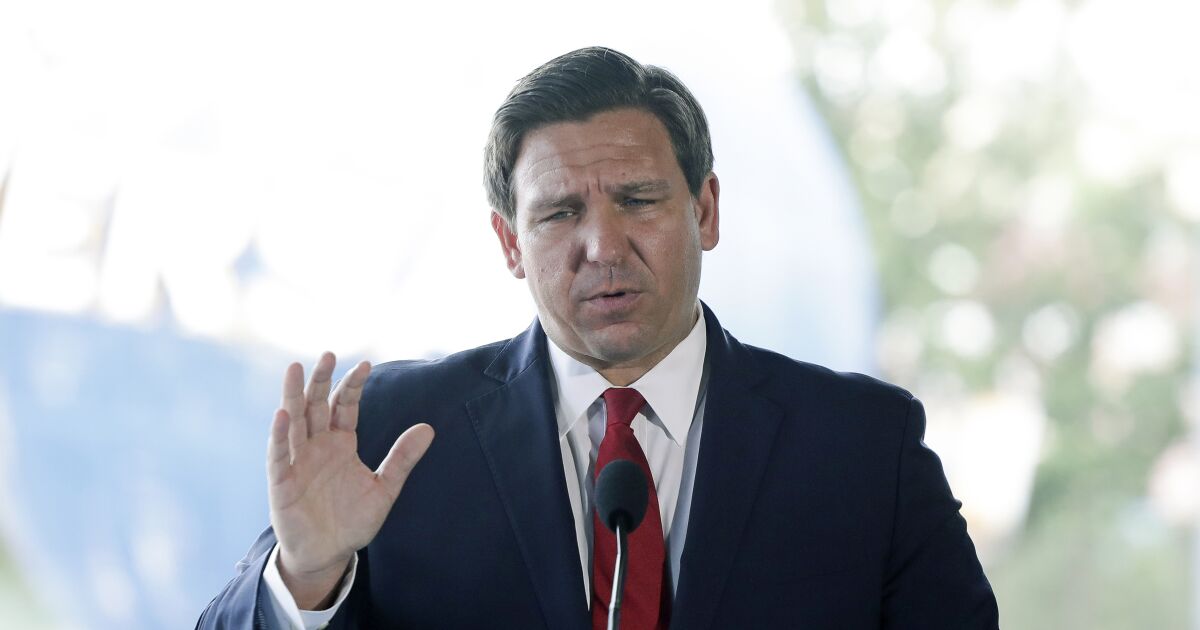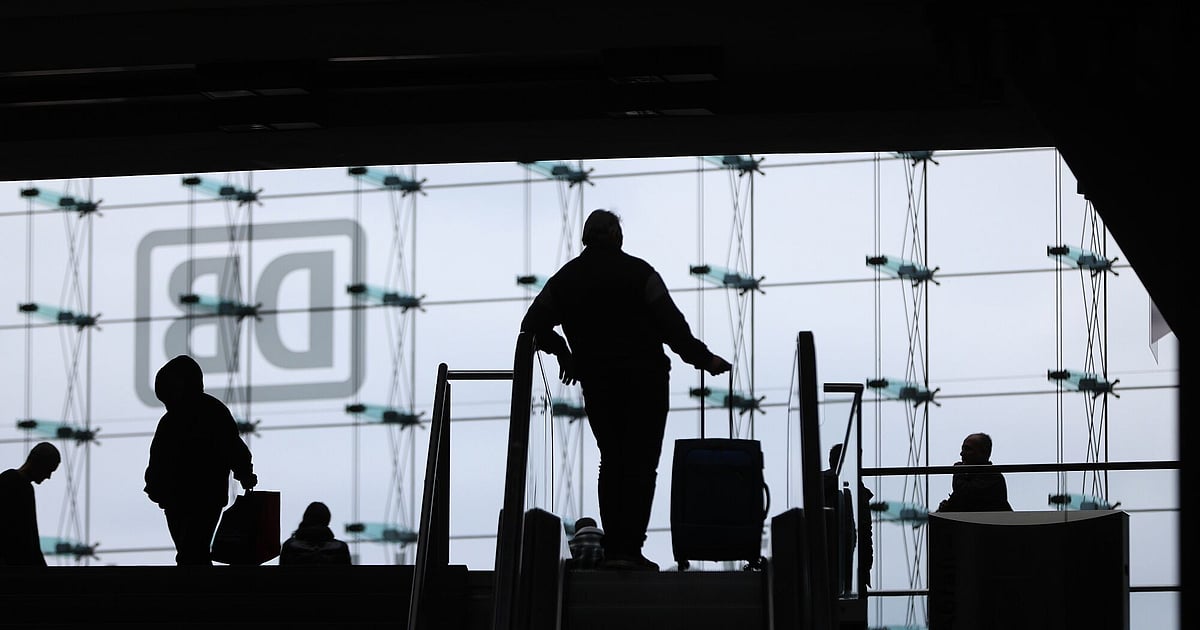For almost two hours on Tuesday, many users of WhatsApp could neither send messages nor make voice or video calls on it. The Meta-owned chat service had suffered a breakdown. The app went on the blink in India, too, leaving people unable to communicate, a deprivation that begins to feel like one only once the facility vanishes. Since India has the highest number of users of the app among the world’s countries, we would have felt the loss most acutely. Although Meta issued an apology, it didn’t say what caused the outage. It has happened before. Last year in October, WhatsApp, Instagram, and Facebook went down together for almost six hours in what was billed as one of the biggest-ever social media disruptions for its scale and duration. The latest one was significantly milder but big enough to become a major point of discussion online. What’s clear is that our dependence on this app must reduce. At the very least, we need backups. The Indian government’s own Sandes app is unlikely to achieve mass adoption, while downloads of private alternatives offering superior security have flagged. Network advantages, meanwhile, keep us glued to WhatsApp.
Download The Mint News App to get Daily Market Updates.
More
Less















